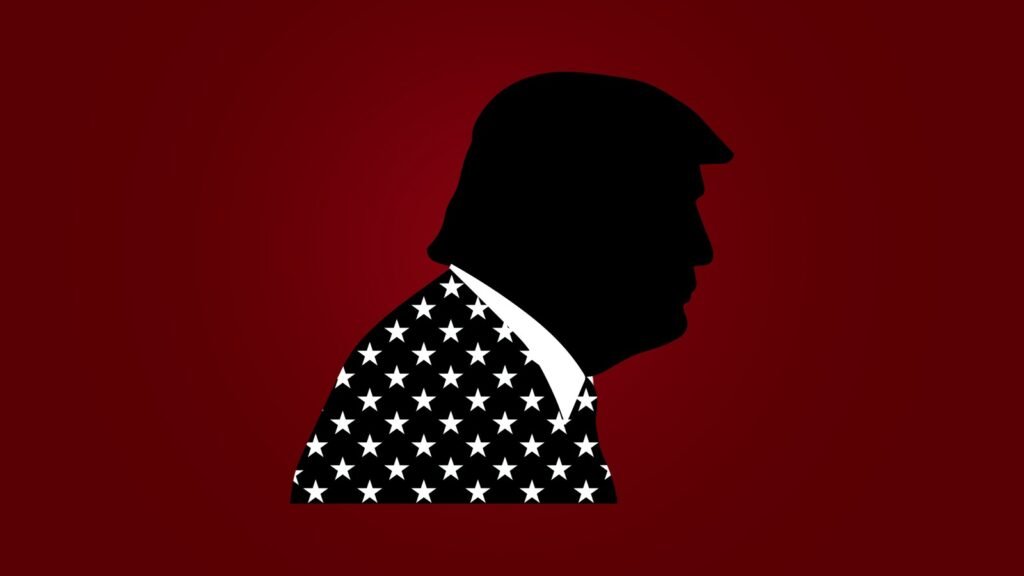The US Supreme Court’s unanimous ruling reverses Colorado’s decision to remove Donald Trump from the primary ballot last year, allowing him to appear on the ballot in all 50 states.
The Colorado Supreme Court’s previous 4-3 ruling, which cited Trump’s alleged involvement in the January 6 Capitol attack, was overturned. The decision hinged on a unique interpretation of the 14th Amendment’s Section 3, which prohibits insurrectionists from holding office.
In an unsigned opinion, the US Supreme Court stated that states lack the constitutional authority to enforce Section 3 concerning federal offices, particularly the Presidency. It asserted that Congress must establish the procedures for disqualification under Section 3.
The US Supreme Court emphasized the impracticality of state-by-state determinations regarding Section 3’s application, highlighting the need for a uniform approach to ensure the President represents all voters nationwide.
Colorado’s presidential primary, scheduled for Tuesday, proceeds with Trump on the ballot. Secretary of State Jena Griswold expressed disappointment, asserting states’ rights to bar insurrectionists. However, she acknowledged the decision’s importance in clarifying Trump’s eligibility for voters.
While disappointed, Griswold underscored the voters’ role in safeguarding democracy, emphasizing the upcoming November election as pivotal for American democracy’s preservation.
Griswold highlighted the concerning escalation of threats she received, a stark reminder of the potential for political violence linked to interpretations of the 14th Amendment.
Recent exclusions of Trump from ballots in Maine and Illinois are anticipated to be swiftly overturned following the Supreme Court’s ruling.
While all justices agreed on Trump’s eligibility for the ballot, opinions diverged on the extent of Section 3’s enforcement. The majority emphasized the need for tailored congressional action, drawing criticism from liberal justices who argued against shielding insurrectionists from accountability.
The liberal justices criticized the conservative majority for delving into matters beyond the case’s scope, asserting that the court’s commentary lacked substantial support and was unnecessary.
They argued that the majority’s stance virtually shielded insurrectionists from accountability by limiting judicial enforcement of Section 3 and precluding action under federal statutes.
Barrett, while aligning with the majority on states’ inability to enforce Section 3 against presidential candidates, expressed reservations about extending the court’s reach beyond necessary bounds.
She cautioned against escalating disagreement within the court, especially during a politically charged period like a presidential election, emphasizing the need for temperance in judicial writings to calm rather than agitate national tensions.
At his Mar-a-Lago club in Florida, Trump expressed gratitude for the unanimous decision, hailing it as a crucial step towards national unity. However, the opinions did not address the contentious issue of whether Trump incited insurrection on January 6.
Noah Bookbinder, president of the left-leaning group Citizens for Ethics and Responsibility in Washington, emphasized that while Trump was reinstated on the ballot due to technical legal reasons, it was not a victory for him. Bookbinder asserted that the court missed an opportunity to exonerate Trump and failed to address accountability for the January 6 insurrection, leaving it to the American people to ensure justice.
Section 3 of the 14th Amendment, enacted after the Civil War, prohibits individuals who engage in insurrection from holding office, yet it has never been invoked to bar a presidential candidate.
During oral arguments, justices expressed concerns about the chaos and partisan strife that could arise if states had the power to unilaterally disqualify candidates for alleged insurrection.
Chief Justice John Roberts highlighted the potential consequence of such unilateral actions, suggesting it could lead to a handful of states deciding the presidential election.
The Colorado Supreme Court’s decision stemmed from a lower court ruling that Trump had engaged in insurrection on January 6, but was not disqualified from the ballot because he was not considered an officer of the United States.
In their concluding remarks, the three liberal justices underscored the importance of Section 3 in safeguarding democracy, emphasizing its role in preventing individuals involved in insurrection from holding prominent positions.
They highlighted the historical context behind the drafting of the Fourteenth Amendment, noting the framers’ intent to prevent individuals who participated in insurrections, particularly those defending slavery, from assuming leadership roles.
The justices expressed concern that the majority opinion went beyond the immediate case, imposing limitations on how Section 3 could prevent oathbreaking insurrectionists from assuming the presidency.


